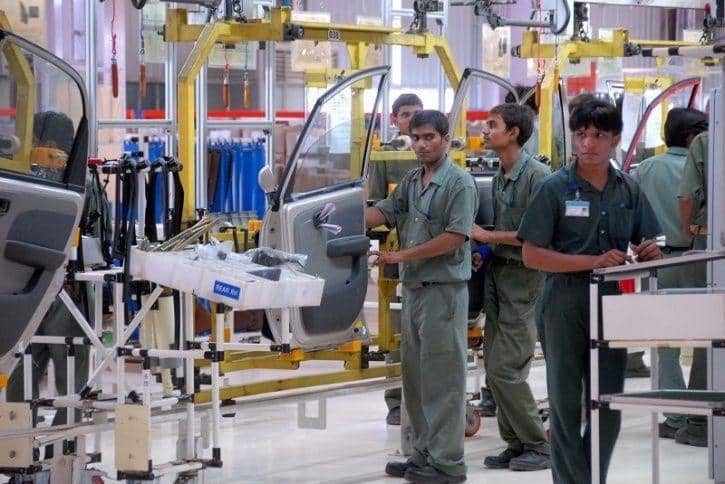No products in the cart.
EV industry is on a mission: 10 million jobs will be created in India | The Youth report
In a major breakthrough, the electric-mobility industry has sketched a blueprint to create millions of new jobs. EV industry is now on a significant mission to meet 30 per cent of its transportation needs with electric vehicles by the year 2030.
The ultimate objective is luring quite a lot of effort from the government and the Electronic industry alike. As India makes this agreement from traditional fossil fuel vehicles to greener ones, obviously, jobs are created.

According to the new reports, India has created a route map for a specialised workforce which will be required once the country sees increased adoption of electric vehicles. The expected number has been counted to around 10 million new jobs.
In a bid to get this workforce prepared in time, the Ministry of Skill Development and Entrepreneurship will oversee its creation in a “targeted and time-bound manner”.
More importantly, the plan is to create a workforce specialising in several areas of EV manufacturing, including design and testing, battery manufacturing and management, sales, services and infrastructure.
“A specialised curriculum is being developed to cater to workforce demand from the electric mobility industry,” a senior official has been quoted as saying by an ET report.
Arindam Lahiri, CEO of the Automotive Skills Development Council says: “We have initiated the process of making EV-specific occupational standards in partnership with the Pune-based Automotive Research Association of India,” he told ET.
According to him, the draft for this has been ready and the standards could be formalised by as soon as June. After this, the National Skill Development Corporation’s standards team will analyse these standards and then approve them as considered necessary.
The creation of new jobs is also being propelled by the Automotive Mission Plan 2026. The objective of the plan is quite clear i.e. to have India’s automotive Industry among the top three in the world, in engineering, manufacturing including exports of vehicles & components.
The massive target is to expand it to over 12% of the country’s GDP, creating a sum of 65 million new jobs in the process.












